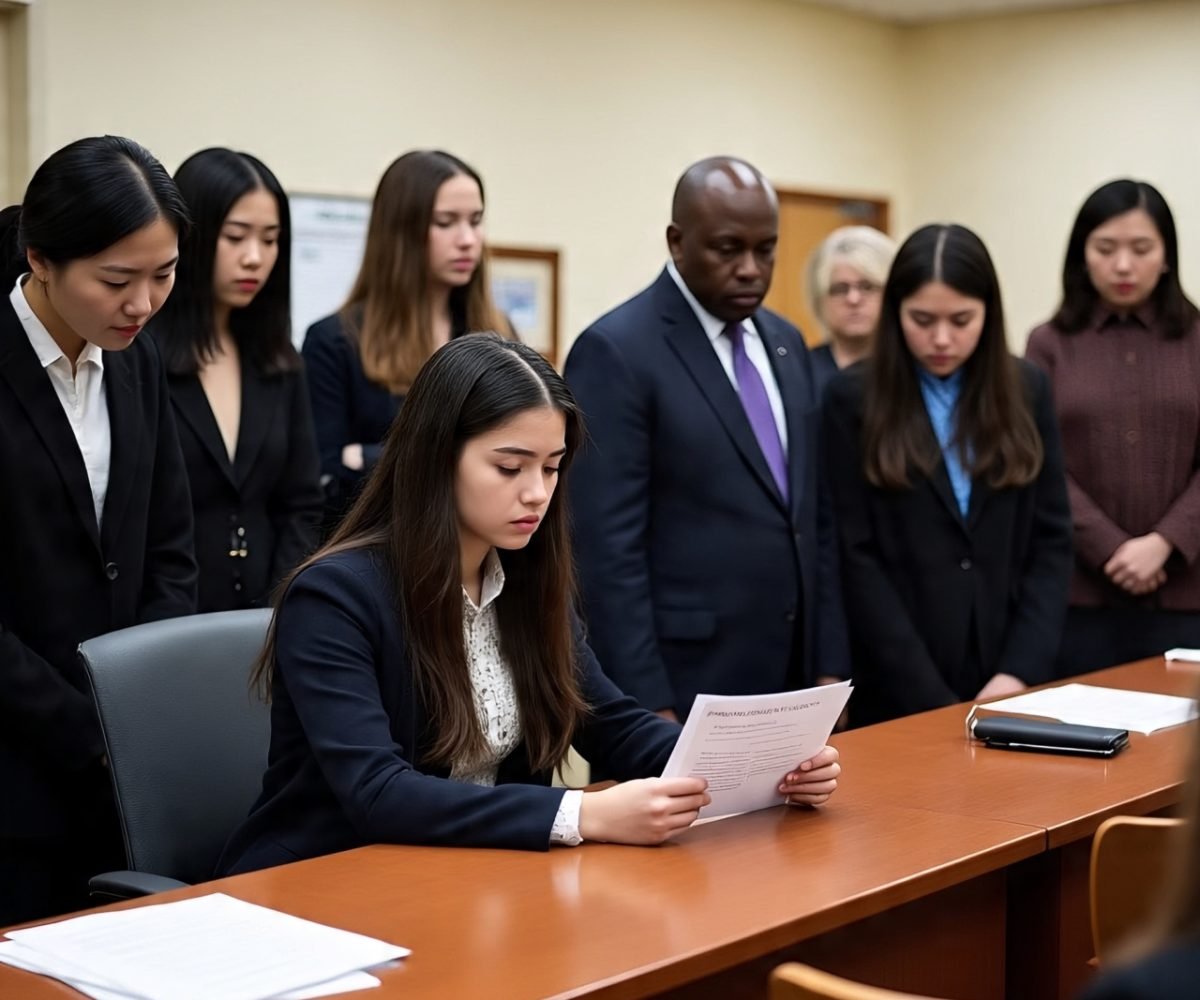State Department cancels 6,000 student visas across United States.

The U.S. State Department has revoked over 6,000 visas issued to international students due to various violations of U.S. law, including overstaying their visas. A spokesperson from the department confirmed the action to the BBC, explaining that most of the revoked visas were tied to serious offenses such as assault, driving under the influence (DUI), burglary, and alleged support for terrorism.
This move is part of the broader immigration enforcement strategy under the Trump administration, which has taken a more aggressive approach toward international students and immigration policy in general. While the State Department did not clearly define what constituted “support for terrorism,” officials have previously cited students who demonstrated in support of Palestine, labeling some of that behavior as antisemitic.
Of the 6,000 total revocations, the State Department reported that around 4,000 resulted from direct legal violations. An additional 200 to 300 student visas were cancelled under the Immigration and Nationality Act’s Section 3B, which outlines a wide-ranging definition of terrorist activity. This section covers actions that threaten human life or breach U.S. law, giving officials broad discretion in classifying behaviors under the terrorism category.
These revocations come amid ongoing changes to the U.S. visa system. Earlier in the year, the Trump administration halted visa interview appointments for international students. When services resumed in June, the administration introduced stricter screening processes. Among the new requirements, student visa applicants were asked to make their social media profiles public for evaluation. The stated purpose was to detect any signs of hostility toward the U.S., including toward its citizens, values, government, institutions, or founding principles.
Consular officers were also instructed to flag applicants who may support or assist designated terrorist groups, pose national security threats, or engage in antisemitic acts or rhetoric, especially if it involved harassment or violence.
The intensified scrutiny is part of a wider effort to monitor and limit the presence of individuals who are considered a risk to national security or disruptive to the academic environment. Secretary of State Marco Rubio indicated in May that the actual number of visa revocations since January could be even higher, estimating that “thousands” had been rescinded already. Speaking to lawmakers, Rubio emphasized that more action was likely and suggested the government would continue to identify and remove individuals who misuse their student status.
Rubio stated that the U.S. welcomes international students as guests, but those found to be engaging in illegal or disruptive activity would not be allowed to remain. He stressed that safeguarding the integrity of U.S. higher education institutions was a key priority.
However, these policies have faced criticism, particularly from Democratic lawmakers who view the visa revocations as part of a broader erosion of civil liberties and due process rights. Critics argue that the measures disproportionately affect students from certain regions or political backgrounds and could discourage talented students from applying to U.S. universities in the future.
The broader context adds to the controversy: according to data from Open Doors, an organization tracking international student trends, over 1.1 million students from more than 210 countries were enrolled in U.S. colleges and universities during the 2023–2024 academic year. This population represents a significant portion of the academic community and contributes both economically and culturally to American higher education.
Many students have expressed frustration and regret over the tightened visa controls and increased surveillance, with some reconsidering their decision to study in the United States altogether. These shifts, paired with ongoing political tensions and security concerns, suggest a changing landscape for international education in the U.S.
